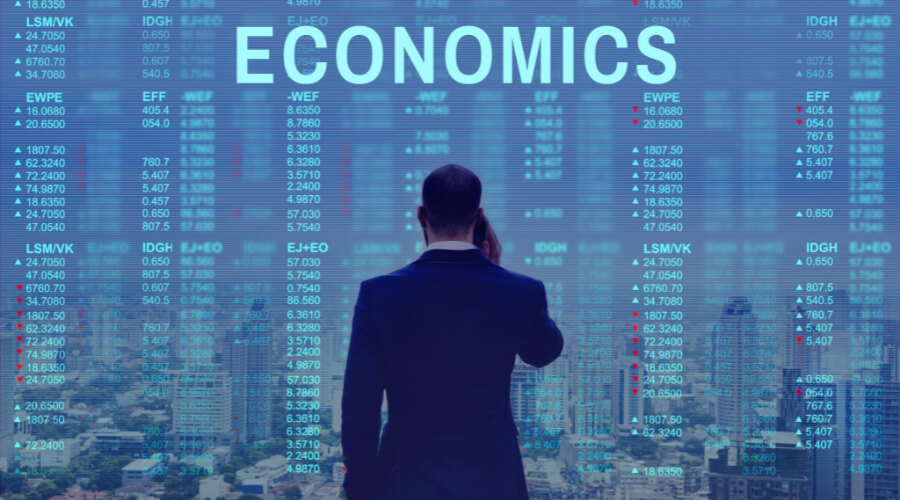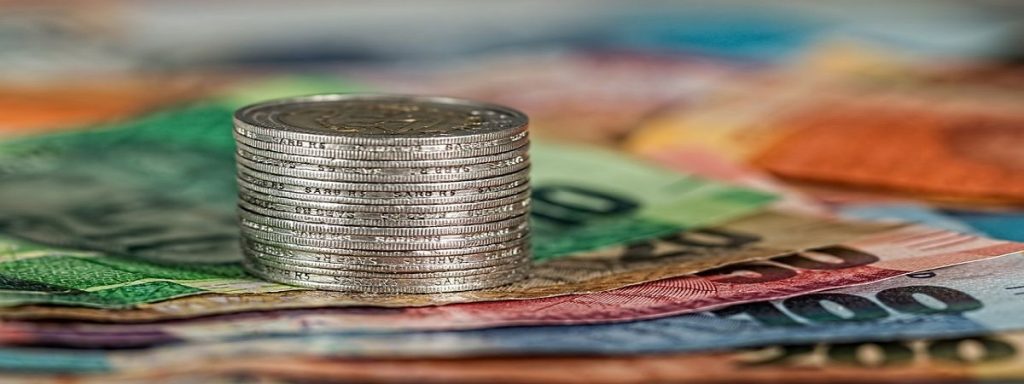Managerial economics is also colloquially known as business economics. It is a special branch of economics. This branch of economics deals with the function of microeconomic analysis to the decision-making techniques of businesses and management units.
key Takeaways
- Managerial economics links economic theory and pragmatic economics
- Managerial economics is intended to reduce the gap between “theory and practice”
- Having good command of Managerial economics will help you achieve the desired economic goals
- Managerial economics identifies and deals with the problems and principles of an organization
- Managerial economics provides a platform for economic concepts which is known as the “theory of Firm” or “Economics of the Firm”
DEFINITIONS
Economics is constantly disputing on the question of whether managerial economics is an art or science. Some may get soft the tone and consider managerial economics a social science. Others may stick to their guns to connect this branch of economics with an art.
But, leaving the debate aside, let’s see how experts in the field of economics define it:
According to Mansfield:
“Managerial economics is concerned with the application of economic principles and methodologies to the decision process within the organization. It seeks to establish rules and principles to facilitate the attainment of the desired economic goals of management.”
Spencer And Siegelman think:
“It is the integration of economic theory with business practice for the purpose of facilitating decision making and forward planning by management.”
Joel Dean says:
“The purpose of managerial economics is to show how economic analysis can be used in formulating business policies”.
McNair & Meriam declare:
“Managerial economics deals with the use of economic modes of thought to analyze business situation”.
Henry And Hayne think:
“Managerial economics is economics applied in decision making. It is a special branch of economics. That bridges the gap between abstract theory and managerial practice.”
E.J.Douglas remarks:
“… seeks to establish rules & principles to facilitate the attainment of the desired economic goals of management.”
Pappas & Hirschey calculate:
“… applies economic theory and methods to business and administrative decision-making.”
Salvatore terms:
“Managerial economics refers to the application of economic theory and the tools of analysis of decision science to examine how an organization can achieve its objectives most effectively.”
Howard Davies And Pun-Lee Lam define:
“It is the application of economic analysis to business problems”
Davis & Chang say:
“Managerial economics applies the principles and methods of economics. By applying the concept, the branch of economics analyzes problems faced by the management of a business, or other types of organizations and to help find solutions that advance the best interests of such organizations.”
The most accepted definition, Prof. Evan J. Douglas defines so:
“Managerial economics is concerned with the application of economic principles and methodologies to the decision-making process within the firm or organization under the conditions of uncertainty.”
Key Takeaways Of These Definitions:
If you analyze the above definitions, you may derive the following key points:
1. Managerial economics concerns application/integration of principles and methodologies of economics
2. It discusses business issues
3. It allows you to make choices
4. Learning it is imperative for the attainment of desired economic goals, and future policies/planning
CHARACTERISTICS OF MANAGERIAL ECONOMICS

(i) It deals with the problems and principles of an individual business firm or an individual industry. It aids in management. Management utilizes managerial elements in forecasting and evaluating the trends of the market.
(ii) It discusses the various aspects of corrective measures that management undertakes under various circumstances. It discusses goal determination, goal development, and the realization of these goals. Future planning, policymaking, decision-making, and optimal utilization of available resources fall under the umbrella banner of managerial economics.
(iii) Managerial economics is practical. According to pure microeconomic theory, analysis is contingent on certain exceptions, which are far from reality. However, in managerial economics, managerial issues are resolved daily. But, difficult issues of economic theory are kept at bay.
(iv) Managerial economics provides a platform for economic concepts and principles, which are known as the theory of Firm or ‘Economics of the Firm’. Thus, the economics’ scope is narrower than that of pure economic theory.
(v) Managerial economics involves certain aspects of macroeconomic theory. These are essential to dealing with the circumstances and environments that feature the working conditions of an individual firm or an industry.
Knowledge of macroeconomic issues such as,
1. Business cycles,
2. Taxation policies
3. Industrial policy of the government, price
4. Distribution policies
5. Wage policies
6. And, antimonopoly policies and so on,
These macroeconomic aspects are integral to the successful functioning of a business enterprise.
(vi) Managerial economics functions for supporting the management in taking counteractive decisions and charting plans and policies for the future.
(vii) The subject is an applied discipline. It concerns the application of economic principles with regard to policy formulation, decision-making, and future planning. It is not only concerned with the goals of an organization but also is prescribed with the means of achieving these goals.
Scope Of Managerial Economics:

The scope of managerial economics includes the following issues:
1. Theory of Demand
2. Theory of Production
3. Theory of Exchange or Price Theory
4. Theory of Profit
5. Theory of Capital and Investment
BOTTOM LINE
Businesses need to coordinate decision-making policies and management units. The function of macroeconomic aspects is imperative for running management successfully. Managerial economics employs several applications and methodologies, important for linking pragmatic economic theory.
References:
1.https://www.managementstudyguide.com/managerial-economics.htm
2. https://www.cheggindia.com/career-guidance/managerial-economics-principals-types-and-scope/
Last Updated on October 7, 2022 by Magalie D.

Magalie D. is a Diploma holder in Public Administration & Management from McGill University of Canada. She shares management tips here in MGTBlog when she has nothing to do and gets some free time after working in a multinational company at Toronto.





